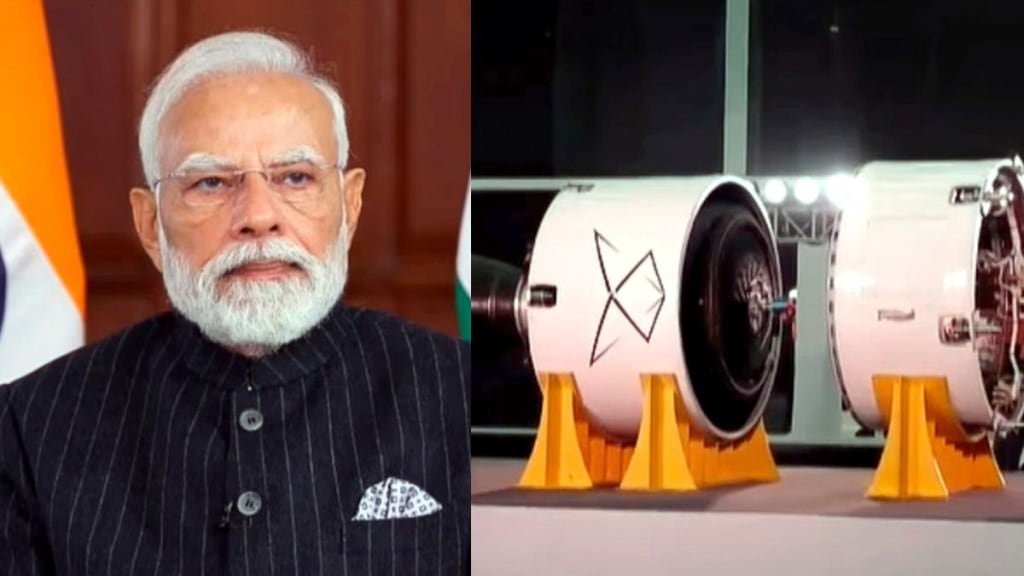Prime Minister Narendra Modi on Thursday said the government will open the nuclear sector to private players to enhance the country’s nuclear power capacity and strength. While addressing the inauguration of India’s first private satellite, Vikram-I by space startup Skyroot’s Infinity Campus in Hyderabad, the PM said that opening up the space sector to private players has resulted in Skyroot and others coming up with such innovations.
“The Infinity Campus is a reflection of India’s new thought, innovation and the bigger youth power. Youth’s innovation, risk taking-ability and entrepreneurship are touching new heights,” the PM said. He added that in India’s space ecosystem, the private sector was emerging with flying colours.
PM Modi’s pitch for nuclear sector reforms
The Prime Minister said the country’s space sector attracts global investors and that India’s private space talent was making its own identity across the globe.
“India’s private space talent is making its own identity in the world. Today, India’s space sector is becoming an attractive destination for global investors. Today, the demand for small satellites is increasing rapidly in the world,” the Prime Minister said.
VIDEO | Delhi: PM Narendra Modi (@narendramodi) says, "We'll open up nuclear sector to private sector soon… This will strengthen opportunities in small modular and advance reactors and nuclear innovations."
— Press Trust of India (@PTI_News) November 27, 2025
(Source: Third Party) pic.twitter.com/6vvPKHhySE
“We’ll open up the nuclear sector to the private sector soon… This will strengthen opportunities in small modular and advanced reactors and nuclear innovations,” he added while emphasising that plans are underway for the same.
The initiative envisages to develop Bharat Small Reactors, advanced modular reactors, and foster nuclear innovation as part of the country’s aim to strengthen energy security and diversify its energy options.
This is stark contrast to the Atomic Energy Act of 1962, which previously restricted private involvement in nuclear power generation.
Centre’s Atomic Energy Bill, 2025: What is it?
PM Modi’s statement comes just days ahead of the Parliament’s Winter Session, during which, the government will table 10 Bills for consideration, discussion and clearance. Among them is the The Atomic Energy Bill, 2025 which primarily aims to regulate the use of atomic energy. The Winter Session begins from Dec 1 and will continue till Dec 19.
For any country, the nuclear sector holds immense importance due to the power it holds and the danger it poses if not handled properly. The Modi government has often talked about taking the country’s nuclear energy to 100 GW by 2047, to fuel the ‘Viksit Bharat (developed India)’ dream.
Though a press release in August this year, the Department of Atomic Energy stated that the Centre has made clear its intentions during Budget 2025 that it will allow private sector participation by amending the Atomic Energy Act, 1962 and Civil Liability for Nuclear Damage (CLND) Act, 2010.
This is in line with the aim of expanding the country’s nuclear power generation capacity from around 8,880 MW to a target of 22,480 MW by 2031-32, and finally reaching the net-zero goal by 2070.

